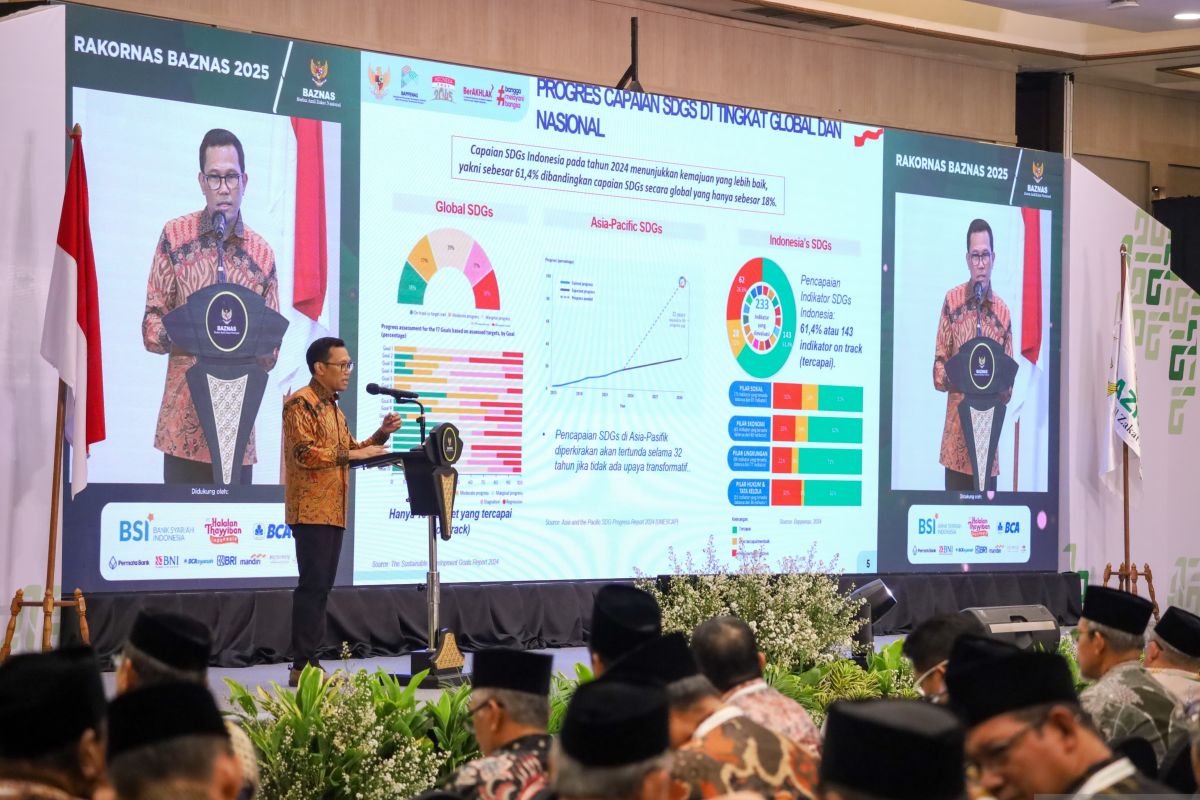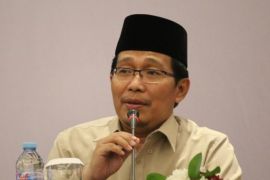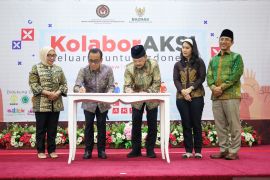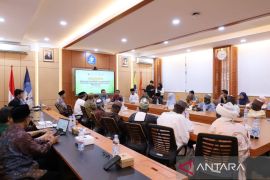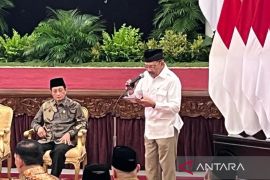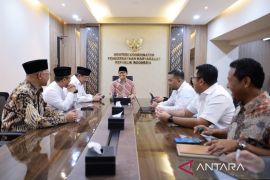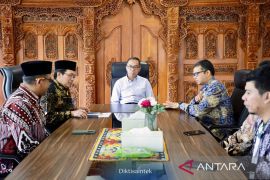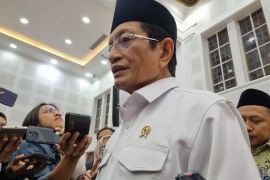"While poverty has dropped significantly, inequality remains a challenge. Zakat not only supports consumption but also empowers communities to break the cycle of poverty," the agency's acting Deputy for Human Development and Culture Pungkas Bahjuri Ali said.
He made the remarks during the National Coordination Meeting (Rakornas) of the National Amil Zakat Agency (Baznas) in Jakarta on Wednesday.
Pungkas stressed the importance of aligning Baznas programs with the government’s development goals to maximize impact.
He said integrating Baznas initiatives into Regional Medium-Term Development Plans (RPJMD) would help regions contribute more effectively to the national development agenda outlined in the National Medium-Term Development Plan (RPJMN).
“Regional RPJMDs must reflect national priorities. Baznas at the provincial, district, and city levels should ensure their programs are embedded in local development plans to enhance their impact,” he said.
Related news: Ministries join forces to boost rural zakat program
Pungkas also highlighted the vast potential of zakat collection, estimated at IDR 327 trillion (around USD 19.9 billion) annually, and called for more effective management.
Realizing this potential, he said, requires building a strong ecosystem that promotes zakat awareness, encourages compliance, and boosts public trust in collection agencies.
“The key is fostering an environment where people are informed, willing, and able to pay zakat. Trust in zakat institutions is essential,” he said.
In the long term, he added, zakat can be a strategic tool to help achieve Indonesia’s 2045 development vision, known as “Golden Indonesia.”
“With limited state budget resources, non-government financing—through zakat, infaq, alms, and waqf—will be essential. Through good governance and digitalization, zakat can make a greater contribution to social welfare,” Pungkas said.
Related news: Baznas focuses philanthropic funds on national development efforts
Translator: Sean Filo Muhamad, Katriana
Editor: Rahmad Nasution
Copyright © ANTARA 2025
